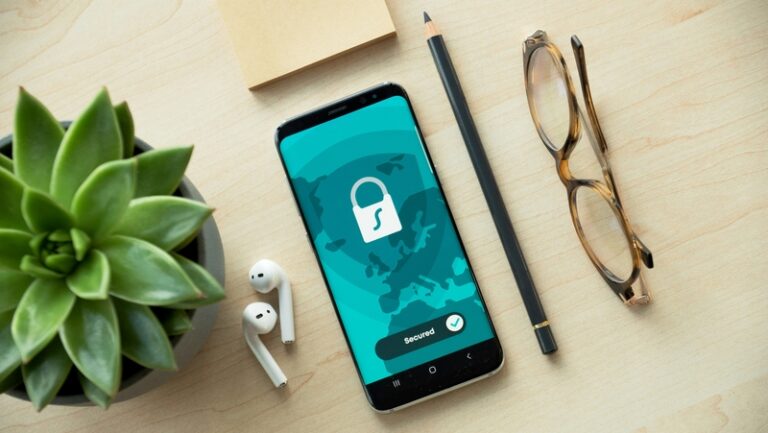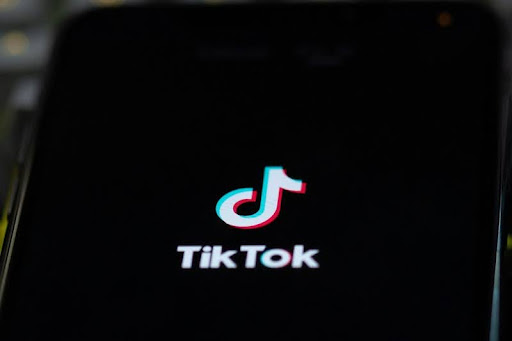
Mobile in hand, data at risk—how secure is your app?
Why App Security Should Be on Your Radar
If you’re running a business with an app, whether it’s customer-facing, internal, or part of your service, here’s the hard truth: security and privacy aren’t just tech problems. They’re business problems. A single data breach could cost you thousands, tank your reputation, or even land you in legal hot water.
Sounds dramatic? Maybe. But it’s reality.
As a business owner, you don’t have to be a cybersecurity expert. But you do need to know what questions to ask, what red flags to watch for, and how to build trust by keeping your users’ data safe.
Let’s break it down.
What Does “App Security” Really Mean?
App security is all about protecting your software and the data it handles from threats, bugs, and breaches. This includes everything from preventing hackers from exploiting your code to making sure customer info isn’t leaked or mishandled.
There are two main fronts to consider:
- Front-end: What users see and interact with. Think logins, forms, and permissions.
- Back-end: The server side, where data is stored, processed, and transmitted.
Both matter. Both need protection.
Why Should Business Owners Care About App Security?
Because it’s not just about firewalls and antivirus software anymore.
If your app collects emails, phone numbers, or payment info, you’re on the hook for keeping that data safe. According to IBM’s 2023 Cost of a Data Breach Report, the average breach costs U.S. companies .48 million. Yikes.
Beyond money, there’s trust. One slip, and users might never come back. They might even sue. And if regulators find you weren’t compliant with the right laws? Fines can pile up fast.
So yes, it’s your responsibility.
What’s the Difference Between Data Privacy and Data Security?
Good question. They sound similar, but they’re not the same.
- Data security protects data from unauthorized access.
- Data privacy governs how that data is collected, used, and shared.
Think of it this way: security is the lock on the door, and privacy is the reason you don’t let just anyone in.
You need both. Strong locks AND smart rules.
What Data Privacy Laws Should You Know About?
Here are the big ones affecting U.S. businesses:
- GDPR (General Data Protection Regulation) – If you have users in the EU, this applies.
- CCPA (California Consumer Privacy Act) – Covers any company doing business in California with enough users or revenue.
- HIPAA – If you’re in healthcare, this one’s a must.
Each law has its own set of requirements, but most boil down to:
- Let users know what data you’re collecting
- Get consent (in many cases)
- Give users control over their data
- Keep that data safe
Pro tip: Even if you’re not legally required to follow these yet, building your app with them in mind future-proofs your business.
How Can You Tell If Your App Is Secure?
Start with a security assessment. Ask your developer or app team:
- Is our code regularly tested for vulnerabilities?
- Are we encrypting sensitive data?
- Who has access to what?
- Are we using third-party tools? If so, are they secure?
You don’t have to run the tests yourself, just make sure someone does. And that they know what they’re doing.
Consider bringing in a third-party firm to do a penetration test or security audit. It’s a little investment for a lot of peace of mind.
What Is “Privacy by Design” and Why Should You Care?
“Privacy by design” means thinking about privacy from day one, not tacking it on later.
For example:
- Only collect the data you need
- Don’t store data longer than necessary
- Use clear language when asking for user consent
It’s easier (and cheaper) to bake privacy into your app early than to fix problems down the road.
Are You Managing Permissions and Access the Right Way?
Too many apps give too many people too much access. That’s a recipe for disaster.
Stick to the principle of least privilege: give users (and even your own team) the minimum access they need to do their job.
Also, use role-based permissions. Your intern shouldn’t be able to delete user accounts or change billing info, right?
It’s common sense. But you’d be surprised how many companies skip it.
How Often Should You Update and Maintain Your App?
Short answer: regularly.
Longer answer: Every time a new security patch or framework update rolls out, you should be on it. Outdated plugins, libraries, or third-party tools are some of the easiest ways for hackers to sneak in.
Set a schedule. Monthly or quarterly check-ins on updates, patches, and logs can save you from massive headaches later.
How Can You Build a Security-First Company Culture?
Security isn’t just your IT team’s job. It’s everyone’s job.
- Train employees on spotting phishing attempts
- Use strong passwords and multi-factor authentication
- Talk about security in plain language, so everyone gets it
Assign someone to own security and compliance. If you don’t have an in-house expert, consider hiring a consultant.
Making security a regular part of your company conversations keeps it top of mind and makes mistakes less likely.
Final Thoughts: Don’t Wait for a Breach to Care
If you’ve made it this far, here’s the takeaway: app security and data privacy aren’t optional. They’re essential. And they start with you.
You don’t have to do it all yourself, but you do need to lead the charge. Ask questions. Push for audits. Insist on best practices.
A secure app isn’t just safer, it’s a smarter business.
FAQ: Quick Answers to Common Questions
What’s the best way to secure my mobile app? Use encryption, secure coding practices, regular audits, and manage user permissions carefully.
Do I need to follow GDPR if I’m in the U.S.? Yes, if you have users in the EU. It applies based on your users’ location, not yours.
How do I know if my app is collecting too much data? Review your data collection forms and analytics tools. If you don’t have a clear use for a piece of data, stop collecting it.
How often should I do a security audit? At least once a year, or anytime there’s a major update to your app or tech stack.What’s the difference between compliance and security? Security protects the data; compliance ensures you meet legal standards. You need both.






